Science Talk
With our Science Talk blog, we hope to lift the lid on the black box that is the ICR: to show you inside our labs, to introduce you to a few of the people here who make the discoveries, and to allow them to tell some of the stories behind the science. We try to put our discoveries in a wider scientific context, and give an idea of how our science is actually done. We also give you the view from the ICR of important developments in the wider world of cancer research.
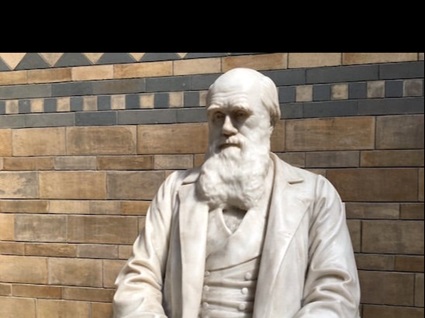
NCRI 2016: Could exciting new treatments to block cancer evolution halt drug resistance?
Cancer can evolve stubborn resistance to even our best therapies, threatening our ability to treat tumours effectively. But new research promises to solve this pressing problem and deliver better survival rates for patients.

NCRI 2016: What we learned from the UK’s largest cancer conference
We consider what the NCRI conference tells us about the future of cancer treatment.
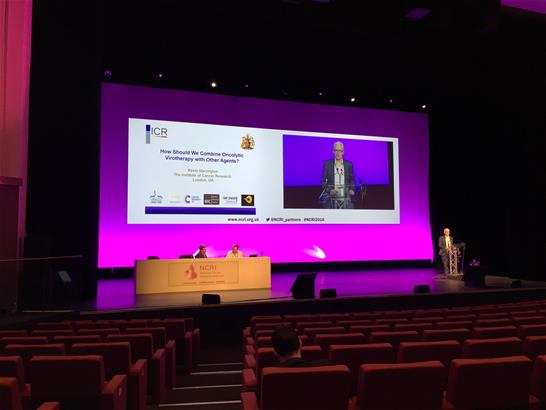
NCRI 2016: Why viruses could be the next big thing in cancer treatment
At the NCRI Conference 2016, ICR Professors Alan Melcher and Kevin Harrington, along with other UK experts, presented their recent advances in using viruses to treat cancer.
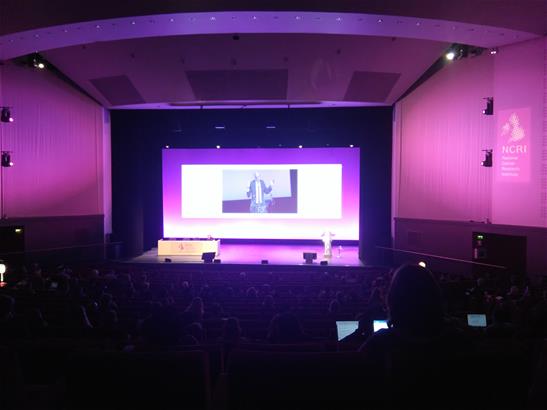
NCRI 2016: Collaboration and communication at the heart of future cancer research
The National Cancer Research Institute (NCRI) Cancer Conference in Liverpool is the UK's largest meeting of cancer researchers and doctors. The Institute of Cancer Research, London, is there and we will be reporting on major findings from the conference and cutting-edge science from ICR researchers.

Five ways the ICR is defeating breast cancer
We look back at some of the many influential breakthroughs our scientists have made; breakthroughs that have not only aided our primary understanding of breast cancer but which have also helped in the development of new and improved treatments for this disease.

How new drugs are helping more breast cancer patients survive longer
As part of Breast Cancer Awareness Month, Graham Shaw looks at the trailblazing work by researchers at The Institute of Cancer Research, London, to bring some promising new drugs for breast cancer closer to the clinic.

Seven of the most promising new approaches in cancer treatment
Dr Angela Kukula, the ICR’s Director of Enterprise, was asked at a recent conference to give a rundown of innovative science in action — and where it will deliver real progress in our efforts to defeat cancer. Here, Dr Eva Sharpe reports on the seven areas she highlighted.

Beating the house: how mathematics is helping beat cancer at its own game
The ICR’s Dr Andrea Sottoriva recently spoke to BBC Radio 4 about the importance of mathematics to understand the biological processes driving cancer, and how it could help us come up with new ways to beat the disease.

Seeing with sound: how ultrasound is helping doctors home in on cancers
Ultrasound is familiar to many as a way to monitor the health of foetuses during pregnancy, but this affordable, safe imaging technology could also improve radiotherapy for cancer.

How this ICR PhD student is helping bring personalised medicine to children with cancer
As we near the end of September’s Childhood Cancer Awareness Month, Elisa Izquierdo Delgado, a PhD student at The Institute of Cancer Research, London, talks to Gabriella Beer about a new test she’s developed that could transform treatment for children with cancer.

Could a new class of cancer drugs light the way forward for treating leukaemia?
Targeting a group of malfunctioning components of cell division named after the Northern Lights may present a new way to treat leukaemia. Liz Burtally finds out the latest on this promising line of research.

Discovering hope: the future of drug research for prostate cancer
Technological advances are helping scientists to identify new drug targets for prostate cancer. Steve Robinson looks at some of the most exciting avenues for future treatment — and the challenges that must be overcome to make them a reality.
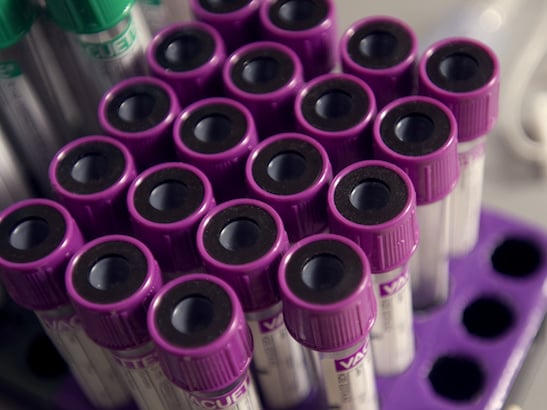
The promise of liquid biopsies — could a simple blood test change the future of cancer treatment?
Liquid biopsies could usher in a new era of personalised cancer treatment. Dr Claire Bithell explores the latest research in this fast-moving field.

Radioactive cancer drug radium-223 offers another treatment option for prostate cancer
Dr Eva Sharpe reflects on NICE’s decision to approve use of radium-223 pre-chemotherapy — and the impact it can have on the lives of patients.
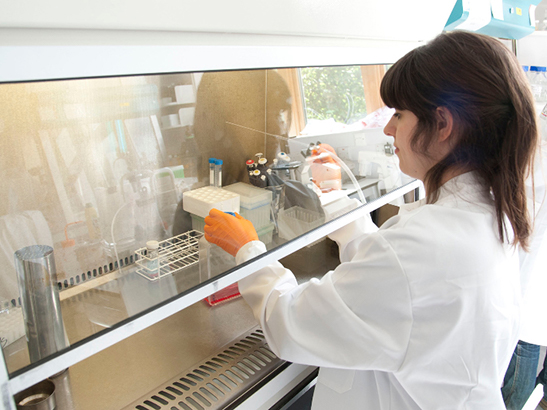
The ICR summer studentship scheme: introducing undergraduates to the world of cancer research
Every year, the ICR invites applications for our summer studentship scheme allowing undergraduate students to sample life in a cancer research laboratory. In this post, Helen Craig explores the opportunities afforded by this scheme.
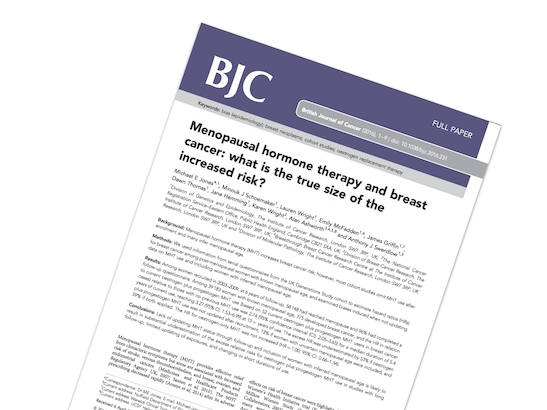
HRT and breast cancer risk
In this Science Talk blog post, Claire Bithell looks at what our latest research about HRT and breast cancer means for women.

Why our supporters fund PhD students in cancer research
The Institute of Cancer Research, London, is committed to training the next generation of cancer researchers. But why do our supporters choose to fund our PhD students? Graham Shaw spoke to head and neck cancer charity Oracle Cancer Trust to find out.

On Chris Marshall’s Wheel – a celebration of his scientific achievements
‘On Chris Marshall’s Wheel’ – gathered Professor Marshall’s friends, colleagues, peers and mentees to hear about some of the science around the world that his game-changing research had sparked or influenced. Liz Burtally picks out some of the highlights.
-content.tmb-hbmobile.jpg?Culture=en&sfvrsn=fec93f9d_2)
Why clinical trials must change to give hope to children with brain cancer
Childhood cancers can be very different from adult cancers, even if they look the same under the microscope. Henry French looks back on a recent research summit which looked to a future of smarter clinical trials for children.

Using kinesin inhibitors to unmask cancer
Kinesins are vital components in the mechanics of cell division, and are emerging as feasible targets for cancer drug development. Liz Burtally finds out more about kinesin inhibitors, and what challenges lie ahead.